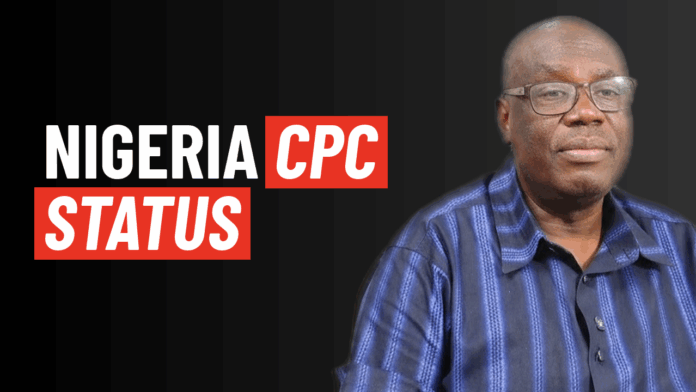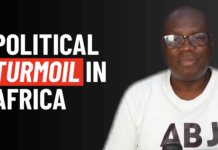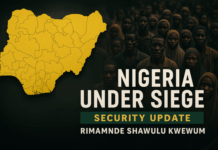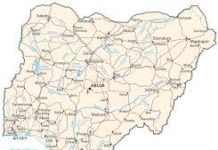https://youtu.be/O17GcYq2GnI?si=JBe9PsYIjwHC1aAd
The United States has officially declared Nigeria a “Country of Particular Concern (CPC)”—a move that could reshape Nigeria’s foreign policy, internal politics, and power alignments ahead of the 2027 elections.
In this episode of The Other Side, Rimamnde Shawulu Kwewum examines the implications of this decision, connecting the dots between religious freedom, security failures, political narratives, and international pressure.
The U.S. Commission on International Religious Freedom (USCIRF), in its 2025 report, accused the Nigerian government of failing to protect citizens from extremist violence—from Boko Haram and ISWAP insurgents to bandit groups in Zamfara, Benue, Kebbi, and Niger States. The report cited widespread killings, kidnappings, and religiously motivated persecution, claiming that both federal and state authorities either tolerated or ignored these abuses.
Among the key incidents highlighted were:
- Benue State: 70 Christians killed and 20 students abducted.
- Zamfara State: 49 people, including Muslims, killed in raids.
- Kebbi State: 15 villagers executed by extremists enforcing Sharia.
- Niger State: 10 farmers murdered and others kidnapped.
The report also noted that blasphemy laws and restrictions on indigenous religions continue to violate freedom of belief. Prominent detainees such as Mubarak Bala and Yahya Sharif Aminu remain imprisoned.
The CPC designation places Nigeria alongside countries like Iran, China, and North Korea—a development that could carry serious political and economic consequences, including sanctions, travel bans, and aid restrictions. Beyond policy, the episode explores the political subtext: how the government’s response—claiming “more Muslims than Christians are being killed”—reflects deep-seated fault lines in Nigeria’s governance and its struggle to balance identity, religion, and leadership.
As Rimamnde Shawulu explains, this is not just a religious debate—it’s a governance crisis.
It exposes the government’s failure to gather credible national data, to enforce justice, and to manage diversity without discrimination. And as 2027 approaches, the CPC crisis could become a new battlefield for political legitimacy, foreign policy alignment, and human rights accountability.
From Abuja to Washington, and from Kaduna to Benue, this episode dives into the intersection of religion, politics, and global diplomacy, asking tough questions about who benefits—and who loses—when Nigeria’s image is tested on the world stage.
Watch now to understand how this single U.S. decision could reshape Nigeria’s political future.
Subscribe for weekly insights on Nigeria’s politics, democracy, and power dynamics on The Other Side with Rimamnde Shawulu Kwewum.
#TheOtherSide #RimamndeShawulu #NigeriaPolitics #2027Elections #CPCDesignation #ReligiousFreedom #NigeriaSecurity #USSanctions #PDP #APC #NNPP #MiddleBelt #Governance #Democracy #NigeriaNews #AfricaPolitics #PoliticalAnalysis #BokoHaram #ISWAP #Banditry #HumanRights #GlobalPolitics #FaithAndPower #NationalSecurity










